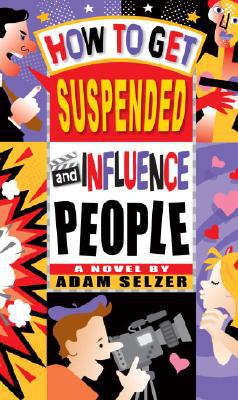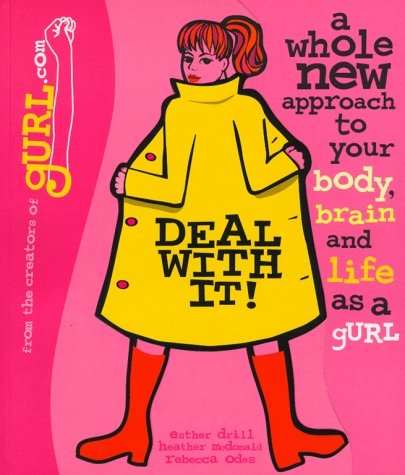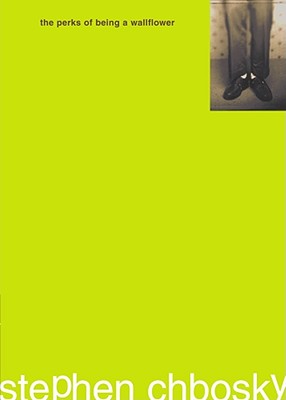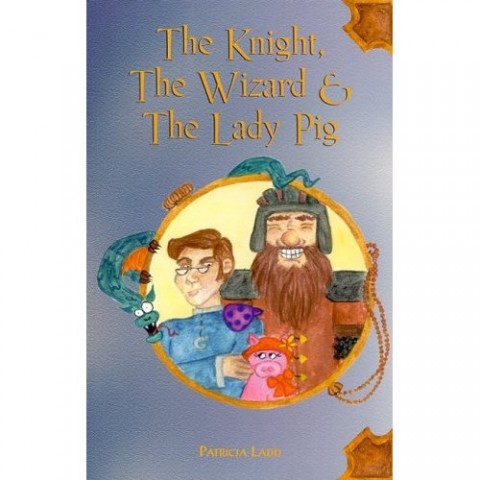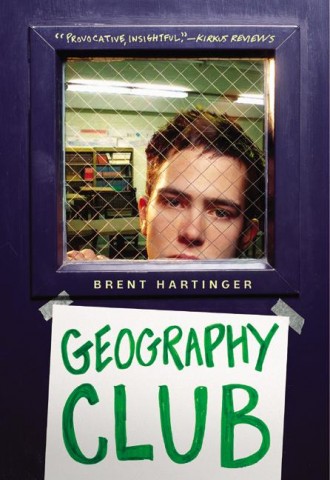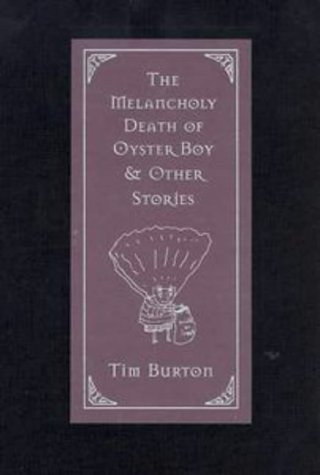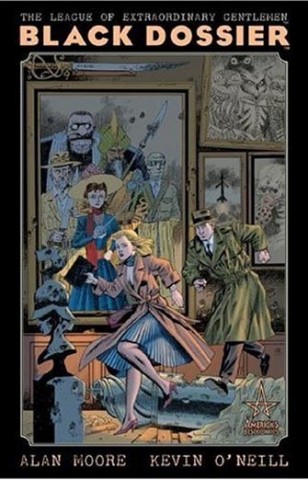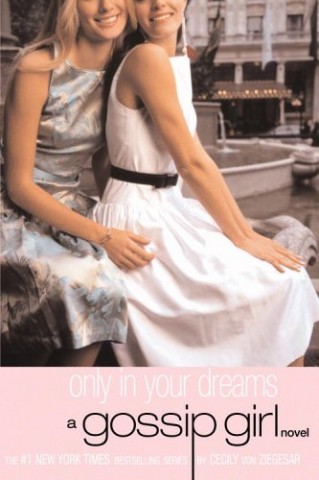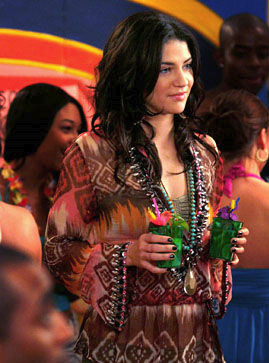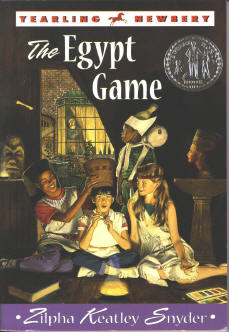Title: How to Get Suspended and Influence People
Author: Adam Selzer
Challenged in: Nampa, Idaho Public Library
For: having an abstract drawing of a nude woman on the front cover, having profanity on the back cover
I have been following an unconscious pattern while reading these banned and challenged books. For the most part, I’ve completely forgotten their entires on the 2009-2010 Challenged Books List by the time my library requests come in, so I spend a short amount of time at the beginning of the book trying to guess what it was challenged for. Usually, this is extremely easy. Not so with How to Get Suspended and Influence People. At various points in the book I vaguely hypothesized that the challenge might be about 1) satanism, 2) insubordination to authority figures1, 3) making fun of religion, or 4) discussion of masturbation. Until about three-fourths of the way through, all of these ideas seemed so vague and unfounded2 that I had to stop myself from going to look up the Offensive Immoral Thing I Should Be Looking for. Then, after finishing the book, I was pretty convinced it was the masturbation issue, especially since the act of talking about it was also challenged within the story itself. Turns out, all of these were wrong!
An appalled parent complained about this book for the “nude woman” on the cover. Here is the cover (avert thy eyes, abstract minors!):
So shocking right now! The parent also complained about profanity on the back cover, which I will reproduce below in its entirety:
You don’t have to be smart to be a smart-ass. But it helps.
That’s it. I’m fairly certain Appalled Parent picked this up off the shelves and never read it, because there are definitely better things to be offended by within (including better profanity).
This is a fairly light story about the beginning of eighth grade for Gifted student Leon Noside Harris. Peopled with a lightly eccentric supporting cast3, Leon spends most of his time listening to heavy metal music, making snarky and vaguely elitist remarks, and trying to drive his teacher’s a little bit crazy. So like every middle schooler. Then as a project each student in one of his gifted classes has to make an informational video to be shown to the sixth and seventh graders, and he picks sex ed. Randomly deciding to make it “avant-garde” and artistic, most of the film is famous nude paintings from Days of Yore narrated with a poem about how the feelings that puberty brings are Normal. Then one of his teacher’s freaks out that it’s inappropriate, and there’s debate both ways without getting too unrealistic or out-of-control. I actually think this might be an interesting book to read with eighth graders to talk about censorship, and who gets to decide what is and is not appropriate in schools.
But, yeah, the cover: totally raunchy.
1I’ve actually heard of the Harry Potter series being challenged for this reason!
2Not that bans or challenges need be particularly founded. I refer you to the dictionary incident.
3His father middle-named him “Noside” because it’s “Edison” spelled backwards; he hates Thomas Edison for being a jerk, under this naming convention my kid’s middle name will be Loohcs Darg
